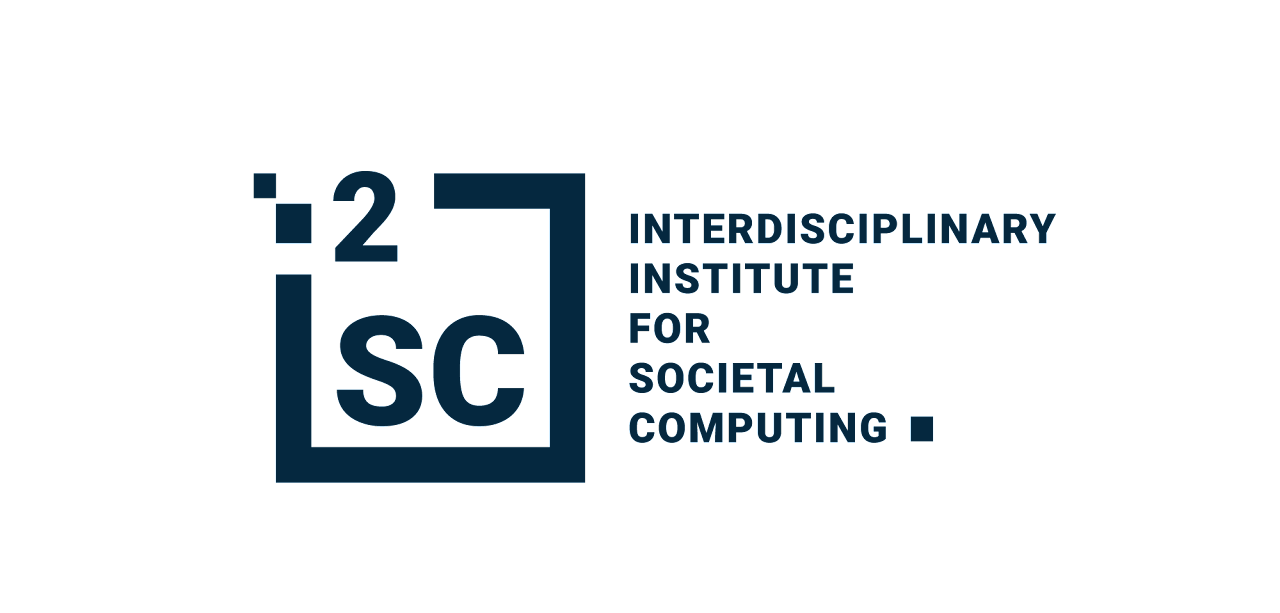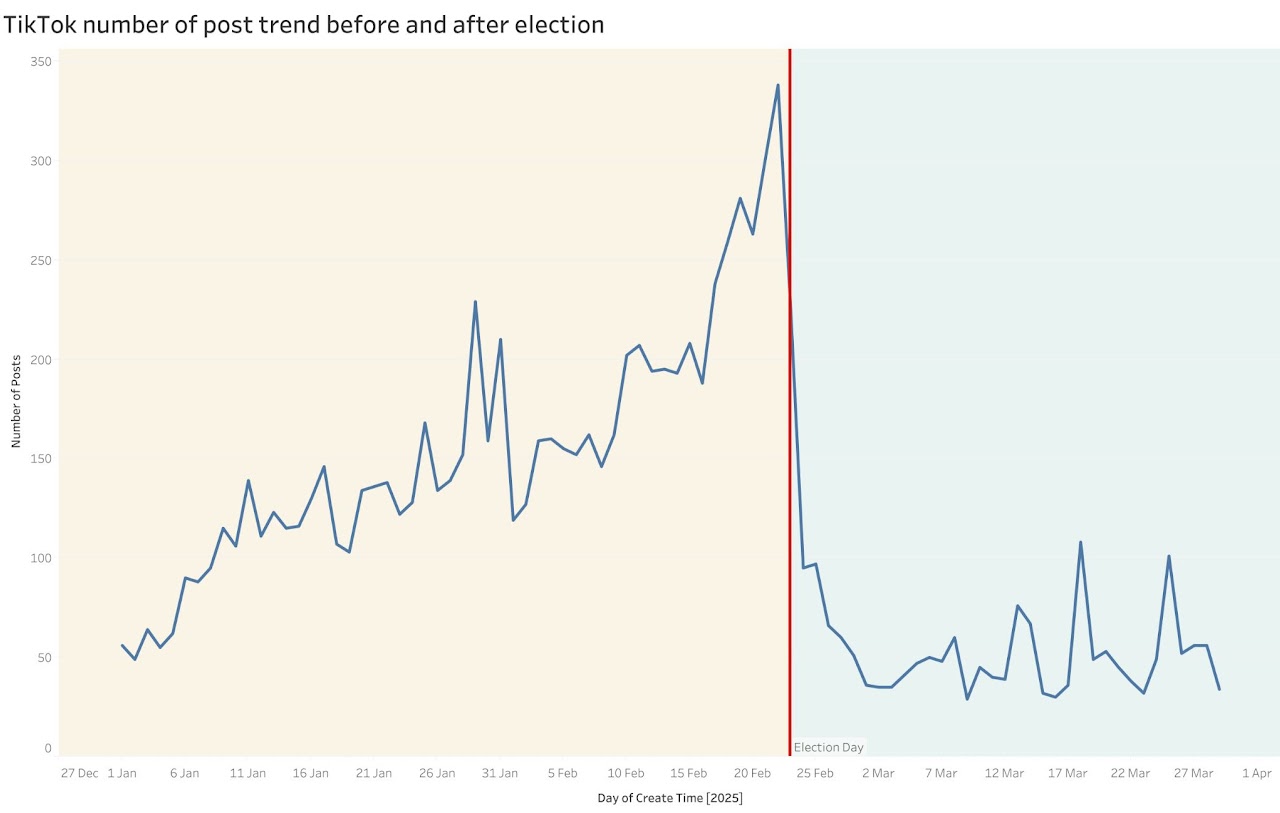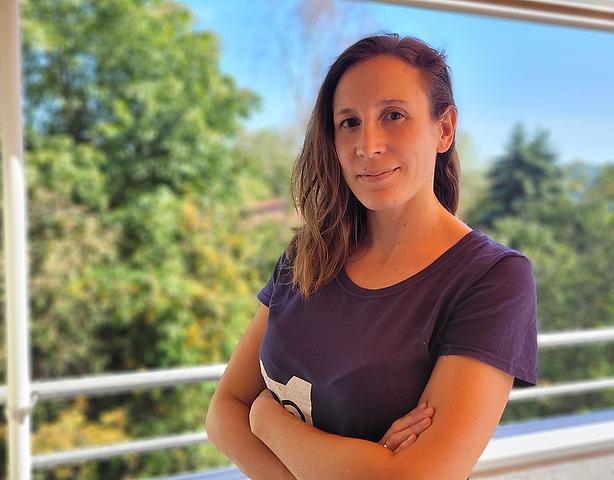Cooperations

Interdisciplinary Institute for Societal Computing
The Interdisciplinary Institute for Societal Computing (I2SC) promotes interdisciplinary research at Saarland University and provides a platform for exchange between social sciences, humanities and computer sciences. Founded in 2023, it is headed by Ingmar Weber, Alexander von Humboldt Professor of Artificial Intelligence, and Daniela Braun, Professor of Political Science.
The research work of the institute is divided into two main areas: Computing of Society and Computing for Society. The first focus area concentrates on the use of computer-based methods to explore social phenomena. The second focus is on using these methods to develop approaches to improve social coexistence.
The I2SC sets out to create research with impact that radiates within academia and beyond by forging partnerships with a diverse set of actors on the ground such as civil society organizations, businesses, and governments.

Observatory of Online Politics analyses the role of TikTok in the 2025 federal election
The Observatory of Online Politics, an interdisciplinary project of the I2SC (Interdisciplinary Institute for Societal Computing) led by Dr Rosa Navarrete, is dedicated to observing the evolving role of digital platforms in shaping political discourse and social outcomes. In a blog post, the Observatory analyses the influence of TikTok on the 2025 federal election:
While TikTok is becoming increasingly relevant among social media users, its role in elections remains understudied. The successful social media campaign targeting youth by the party Die Linke has drawn attention to new social media platforms that had previously received little focus, as they have only recently become politically relevant. While researchers in Germany have most commonly addressed the study of platforms such as Facebook and Twitter (now X) and their use in electoral campaigns, we know very little about how German politicians use TikTok, as the platform's success is relatively recent. In this respect, recent data show that the number of Twitter/X users in Germany in 2025 was around 21.63 million (DataReportal 2025).

Invitation to the event "Democracy in digital times: Ideas that shape our future"
The TEDx Saarbrigge event aims to promote a vibrant democracy in digital times. All interested citizens are invited to the CoHub at Saarbrücker Neumarkt on Saturday, 14 June, from 1 pm to 6 pm to participate. TEDx Saarbrigge aims to bring voices from civil society, science and activism to the stage, which is why numerous international experts will also be guests.
The organisers are Prof Dr Ingmar Weber from the Interdisciplinary Institute for Societal Computing at Saarland University together with Dr Kevin Baum from the German Research Center for Artificial Intelligence (DFKI) and other partners. Prof Dr Daniela Braun will take part as a speaker.

Summer Institute in Computational Social Science
From September 8 to September 19, 2025, the Interdisciplinary Institute for Societal Computing (I2SC) will host the Summer Institute in Computational Social Science, to be held in Saarbrücken, Germany. The purpose of the Summer Institute is to bring together graduate students, postdoctoral researchers, and junior faculty interested in computational social science. The Summer Institute is mainly focussed towards Computer Science students interested in interdisciplinary approaches to social sciences, focusing more on providing computer scientists with experience in social sciences rather than equipping social scientists with computational methods. Graduate social science students with basic knowledge of computer science approaches are also encouraged to join.
Participation is restricted to advanced Ph.D. students, postdoctoral researchers, and junior faculty (within 7 years of their Ph.D). We welcome applicants from all backgrounds, especially from neighboring institutions near Saarbrücken, Germany. About 20-25 participants will be invited. Participants are expected to fully attend and participate in the entire 10-day program. Application materials are due on April 25, 2025.

Ulrich Commerçon, Member of the State Parliament, visits the Observatory of Online Politics
The Observatory of Online Politics, an interdisciplinary project of the I2SC (Interdisciplinary Institute for Societal Computing) led by Dr Rosa Navarrete, is dedicated to observing the evolving role of digital platforms in shaping political discourse and social outcomes. The sobering realisation: lying pays off for politicians. Dr Rosa Navarrete has now discussed this and the Observatory's work with Ulrich Commerçon, who is currently the leader of the SPD faction in the Saarland state parliament. "The work of the Observatory of Online Politics is so important because it looks closely at where boundaries are shifting, where quiet habituation becomes dangerous normality. And because it shows what we can do to counter these developments politically and socially," writes the former education minister on social media. Dr Rosa Navarrete was also pleased about the exchange: "It is important that we share the results of our work at the Observatory with the outside world and in politics in order to strengthen our democracy with facts and data."

Pressemitteilung: Truth or Lie? Observatory analyses political action on the internet
It pays to lie: those who tell untruths on the internet are now often very successful in politics. Observers usually only look at the short-term consequences of political campaigns on the internet. The consequences of lies and false statements by politicians on the internet have not yet been scientifically observed over longer periods of time. A recently established "Observatory for Online Politics" at Saarland University now wants to change this.

